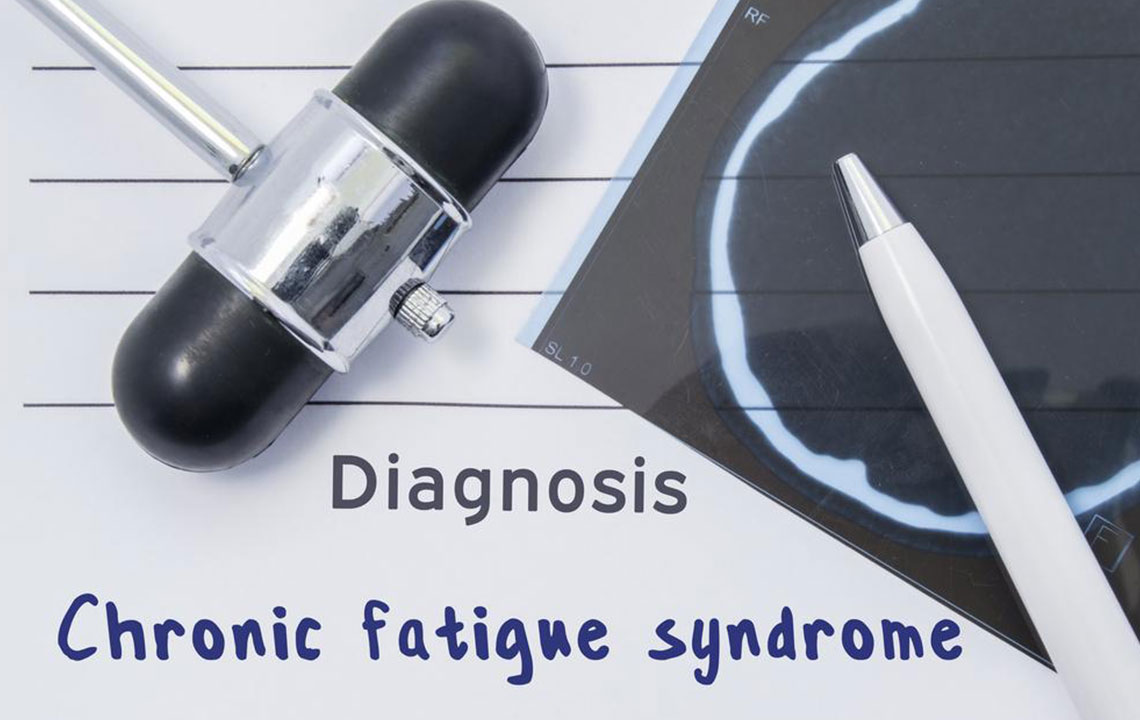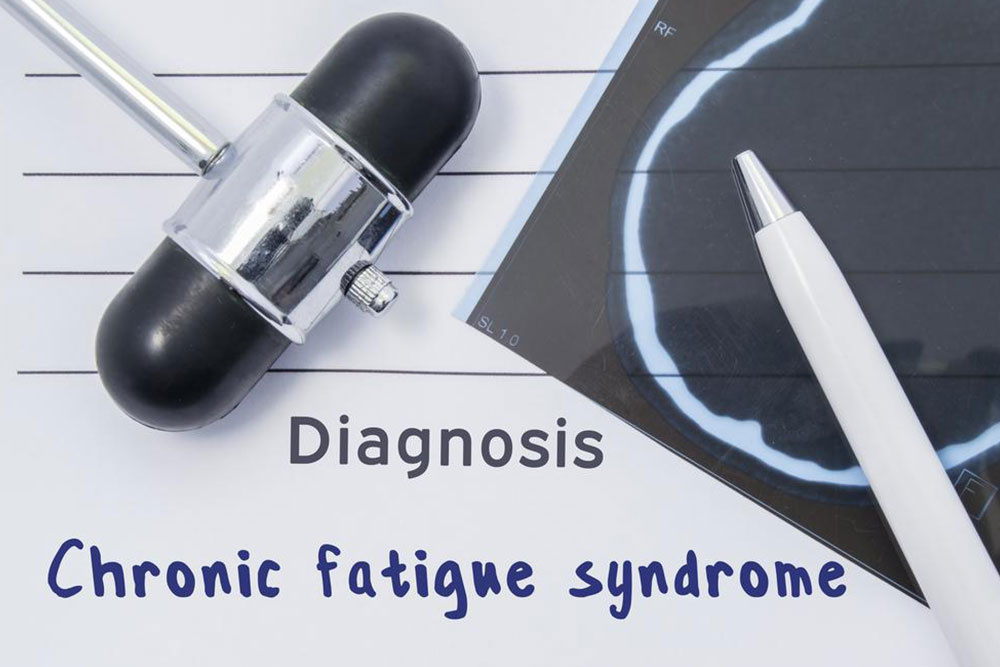Causes, Symptoms, and Treatments for Chronic Fatigue Syndrome
Chronic fatigue syndrome is a disorder that causes extreme fatigue. This does not reduce even if the patient takes rest and can be termed as an underlying medical condition. Chronic fatigue syndrome can also be termed as myalgic encephalomyelitis or systematic exertion intolerance disease.
The causes of chronic fatigue syndrome are unknown. The theory says that it could happen because of viral infection, psychological stress or a combination of many factors.

Chronic fatigue syndrome is most common among people between the ages of 40 and 50. It is more prominent among women with a ratio of 2:1. Allergies, stress, environmental factors, and genetic predisposition can also increase the risk of chronic fatigue syndrome.
Symptoms of chronic fatigue syndrome
The symptoms of chronic fatigue syndrome vary from person to person, depending on how severe the condition is. The common symptom is fatigue, which is severe enough to hamper daily activities. To be sure to diagnose chronic fatigue syndrome, fatigue must last at least six months, which is not curable with bed rest. The other symptoms that should also be present to correlate the diagnosis of chronic fatigue syndrome are as follows.
- Loss of memory or concentration
- Feeling unfresh after a night sleep
- Sleep disorder and chronic insomnia
- Pain in the muscles
- Headaches
- Multi joint pain without redness or Swelling
- Frequent sore throat
- Tender lymph nodes in the neck and armpits
Chronic Fatigue Syndrome Treatment
Chronic fatigue syndrome is a very difficult condition to diagnose. Only about 20% of people are diagnosed with this syndrome. There are no laboratory tests to confirm chronic fatigue syndrome. Its symptoms are common to many other illnesses which make it difficult for the doctors to recognize it. To be diagnosed with CFS at least four of the above symptoms should be present in a patient. Severe unexplained fatigue should be there, which does not go away with ample bed rest. The symptoms must have lasted for six months or longer. After studying the potential causes of the fatigue some conditions that chronic fatigue syndrome treatment are as follows.
- Mononucleosis
- Lyme disease
- Multiple sclerosis
- Lupus
- Hypothyroidism
- Fibromyalgia
- Major depressive disorder
If you are highly obese and have depressive and sleep disorders, you may experience the symptoms of chronic fatigue syndrome. Side effects of some drugs like antihistamine or alcohol can also give you chronic fatigue syndrome symptoms. Since the chronic fatigue syndrome symptoms resemble other conditions, it is very important to self-diagnose and consult your doctor.
There are a lot of researches going on for chronic fatigue syndrome but remains poorly understood with no cure. Managing this condition can, therefore, be a lot challenging. A patient will have to make major lifestyle changes to adapt to the conditions. This may mostly result in depression, anxiety or social isolation. Different people see different levels of progression of chronic fatigue syndrome that makes it very important for the patient to work with the doctor and decide upon a treatment plan that may help. A team of doctors, therapist, and rehabilitation specialist may be required to benefit a person suffering from chronic fatigue syndrome. It is not yet known how many people have recovered from chronic fatigue syndrome.
Treatments for chronic fatigue syndrome
Since this syndrome affects people differently the plan of treatment must be set according to the symptoms. The symptoms may be relieved by the following treatments for chronic fatigue syndrome.
Medications
People who have chronic fatigue syndrome are also suffering from major depression. Treating depression makes it easy for the patient to cope with the syndrome. Low doses of antidepressants can also help to relieve pain and improve sleep. Sleeping pills can also be tried if the doctor gives his consent by taking some home measures such as avoiding caffeine and alcohol and getting better rest at night.
Therapy
Since there are no cures for chronic fatigue syndrome, doctors take to different therapies to help the patient suffering from chronic fatigue syndrome. Some tips that can be helpful are as follows.
- Pace yourself
It is very important to keep physical activity to an average level. It is not advisable to work more on good days and have more of bad days. - Exercise
To improve daily exercise is a very effective and safe treatment a physiotherapist is the best person to determine the types of exercises which would be the best for the patient. - Psychological counselling
Chronic fatigue syndrome imposes you with a lot of limitations. Talking to a counselor can help you figure out options to work around and helps you accept the condition you are in so that you can effectively treat chronic fatigue syndrome. Self-management strategies and cognitive behavioral therapy are the most helpful for chronic fatigue syndrome treatment.
Not everyone responds to the same treatment in the same way. It is very experimental in nature and the patient needs to understand and should follow treatment that works best for him/her.




